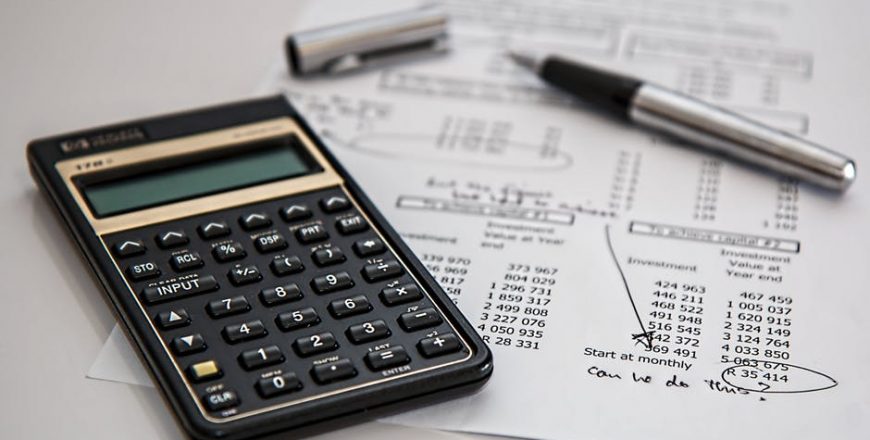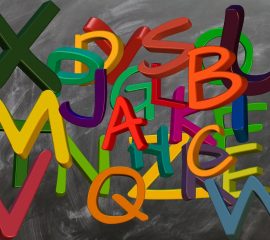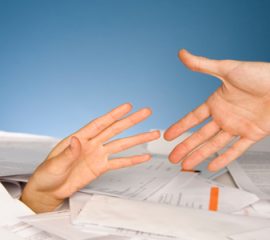
What You Need to Know Before You See Your Accountant
Your business will run so much more smoothly when you pay some attention to procedures and organisation concerning your accounting. Instructing an accountant is the first step but your job doesn’t end there.
Preparing some aspects beforehand for your tax compliance ensures that your tax work is carried out more smoothly and efficiently. Different countries have different regulations and compliances that a business may need to adhere to. Say, for instance, if you are planning to launch a business in the US, there is payroll compliance (this one should help) an employer must adhere to, among all others. So, wherever you are planning to roll out your business, make sure to be aware of the tax-related rules and regulations of that country, you may need to conform to.
That said, here’s what you need to know, and what you need to do before you see your accountant.
Your Timetable
Once you’ve enlisted professionals from J.R. Martin & Associates or similar firms, the next step would involve discussing your schedule with them before your accountant commences work on your business accounts. This will ensure that you are prepared for what you need to do and also so that you know what your accountant is responsible for and when.
Organisation of Records
Your records, or your books, are your essential documents that the accountants glasgow supplies will be looking at. Obviously, if your records are in better order then your accountant will have an easier time. And it is not just about your accountant. You will also be able to more clearly see where there are improvements to be made that could enhance your business finances. In order to organise your records consider balancing your books regularly, which will make it easier to spot your errors and correct mistakes before they become a problem. Also, keep proper records of your receipts and your payments. And file your invoices logically.
Essential Procedures
Understand the procedures that you can carry out which will make your accounting easier and more efficient. You need to make good records of the movements of your cash, as well as calculating how much cash you have at the end of every month. You’ll also need a sales ledger and a purchase ledger to control how much you owe and how much people owe you.
Critical Reconciliations
Make sure that your books are completely accurate by using software like can be found at https://onestreamsoftware.com/solutions/account-reconciliations/ to make reconciliations on a regular basis. You need to reconcile your bank accounts, your control accounts, and your supplier statements. In addition you must carry out a full stock take every year if your business deals with stock.
Planning Schedules
Think about preparing lists of your additions and disposals regarding fixed assets and set schedules of stock, a list of your debtors, and a schedule of your cash balance and your bank balance which will be at year end.
Remember to consult an accountant to make sure these procedures and schedules are applicable to your business, as not everything will apply to everyone.






